Birth of Nikola Tesla
Nikola Tesla was born on July 10, 1856, in Smiljan, Austrian Empire (present-day Croatia). A brilliant inventor, engineer, and physicist, his experiments and research changed the world.
William Howard Taft always dreamed of being a Supreme Court justice. After a term as president, the time was finally right for Taft to take his dream job – on July 11, 1921.
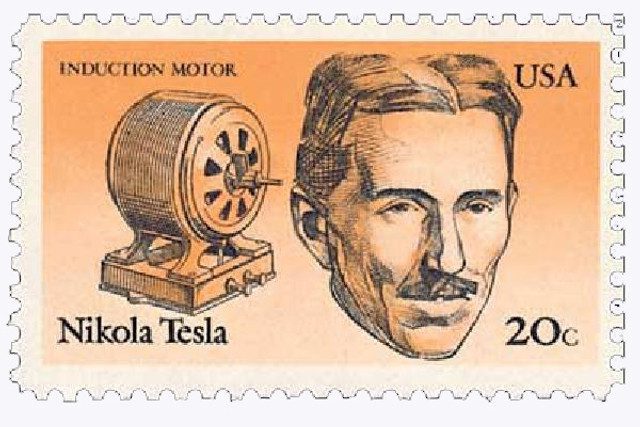
Nikola Tesla was born on July 10, 1856, in Smiljan, Austrian Empire (present-day Croatia). A brilliant inventor, engineer, and physicist, his experiments and research changed the world.
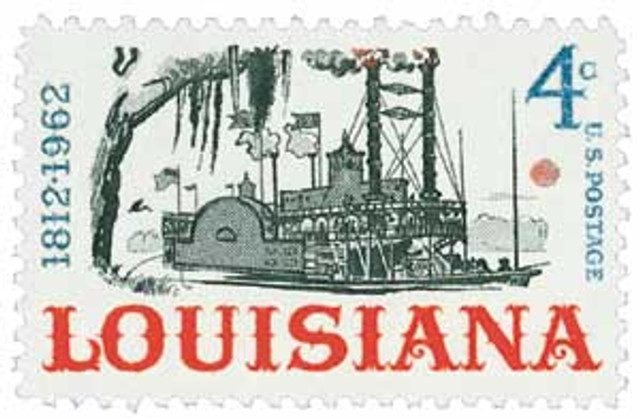
On July 9, 1863, Confederate forces surrendered Port Hudson, Louisiana, ending a 48-day siege. The longest siege in American history, the victory returned control of the Mississippi River to the Union.
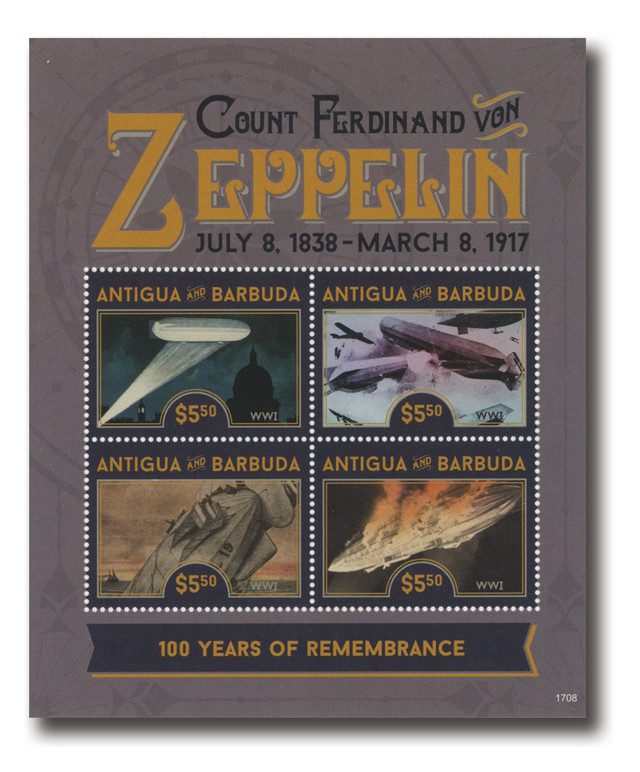
Ferdinand Adolf Heinrich August Graf von Zeppelin was born on July 8, 1838, in Konstanz, Grand Duchy of Baden (now part of Germany). He developed the airships that bear his name and would later travel the world.
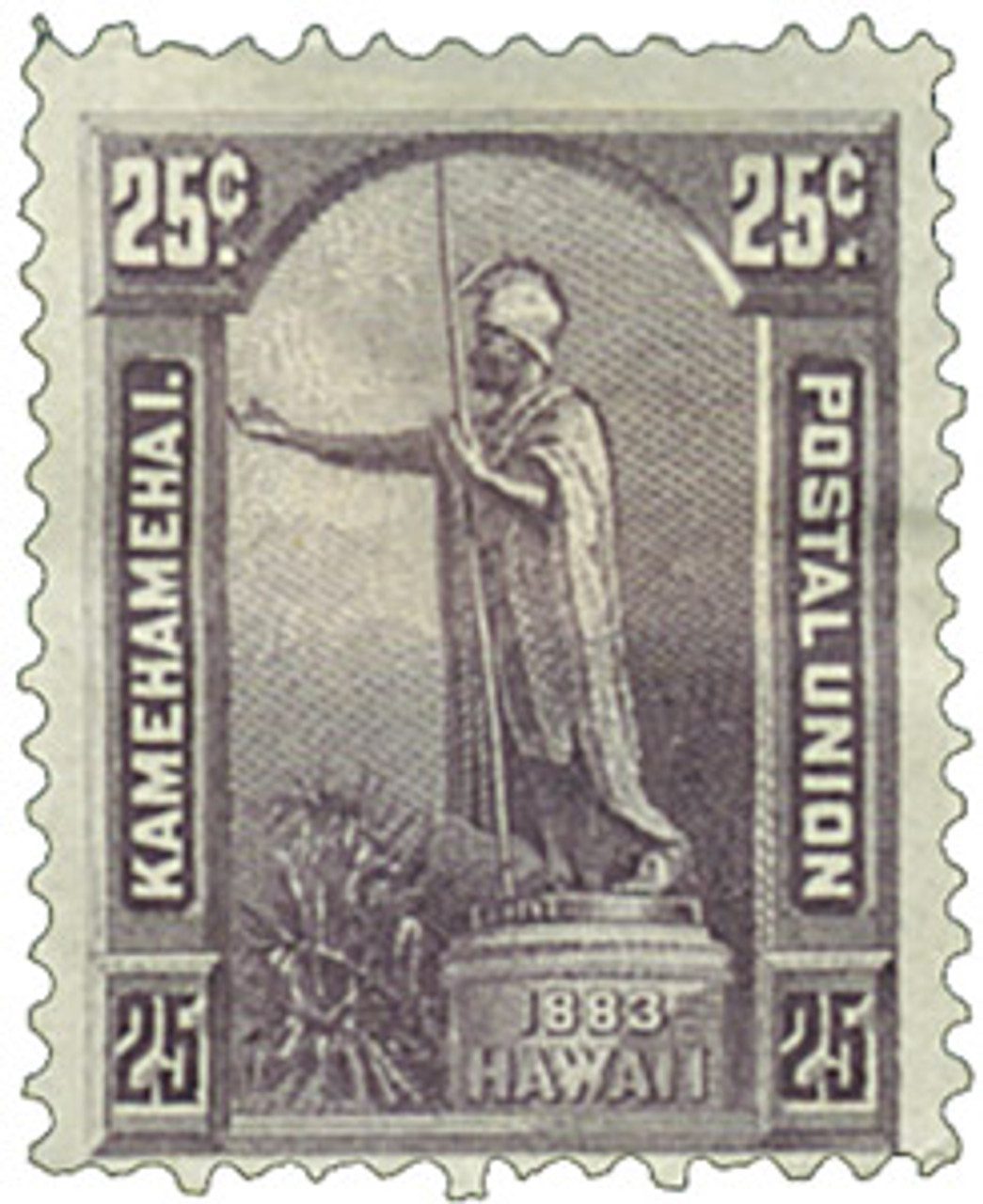
On July 7, 1898, President William McKinley signed legislation annexing Hawaii, paving the way for it to become a US state.
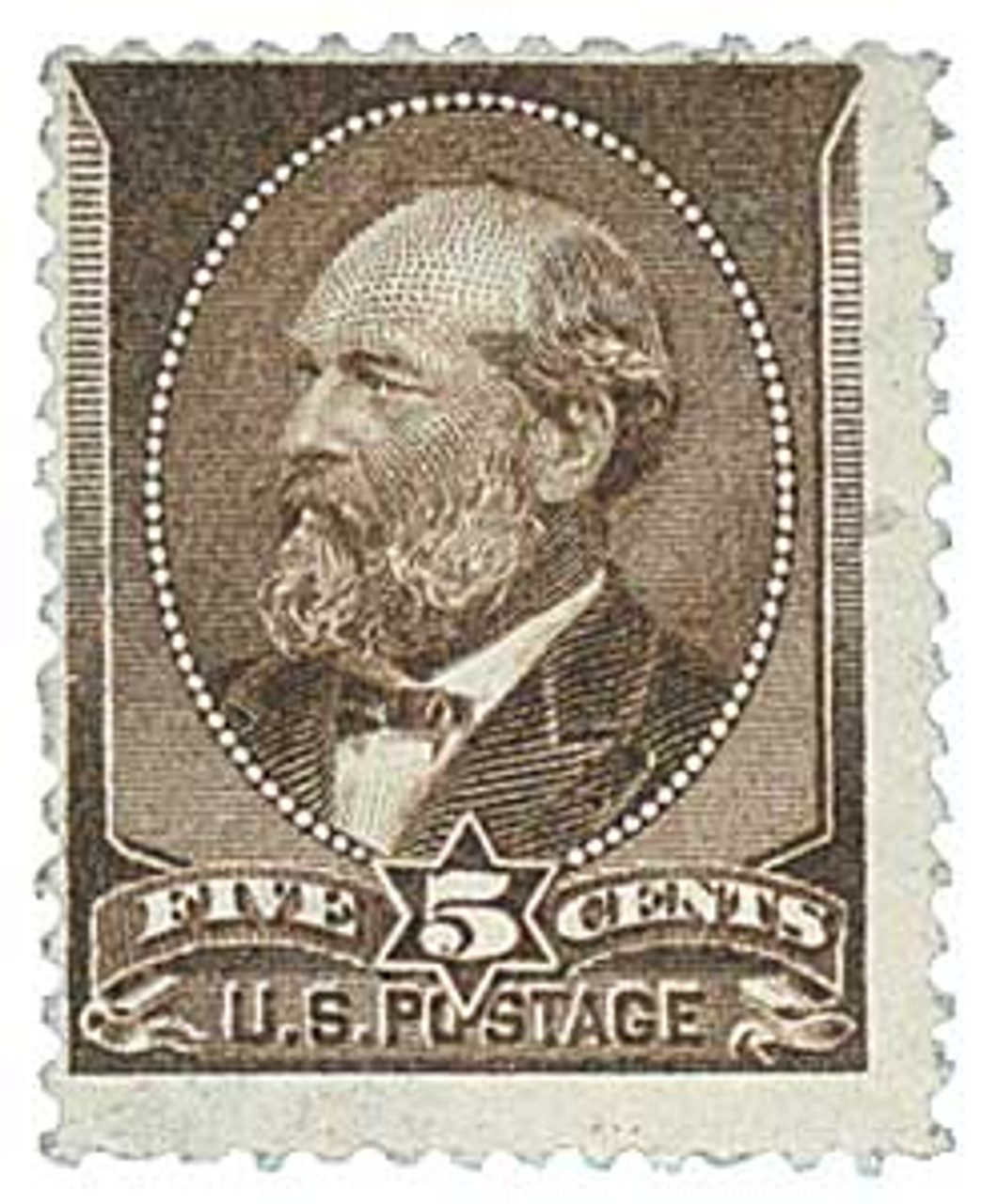
On July 2, 1881, an assassin shot President James Garfield just four months into his presidency. Dying two months later, his was the second shortest presidency in US history.
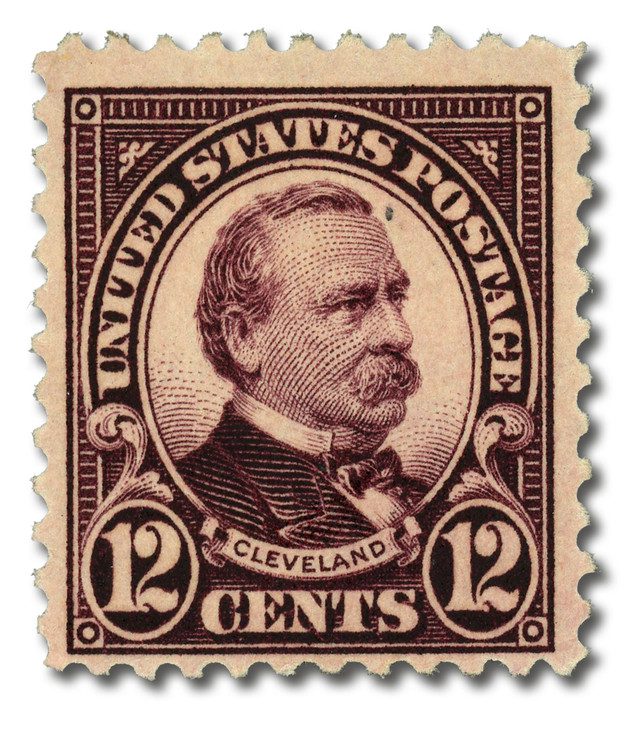
America’s 22nd and 24th president, Grover Cleveland, died on June 24, 1908, in Princeton, New Jersey. He was America’s first president to serve two non-consecutive terms and was known for his honesty and integrity.

On June 11, 1963, President John F. Kennedy delivered a television and radio address calling for the Civil Rights Act of 1964.
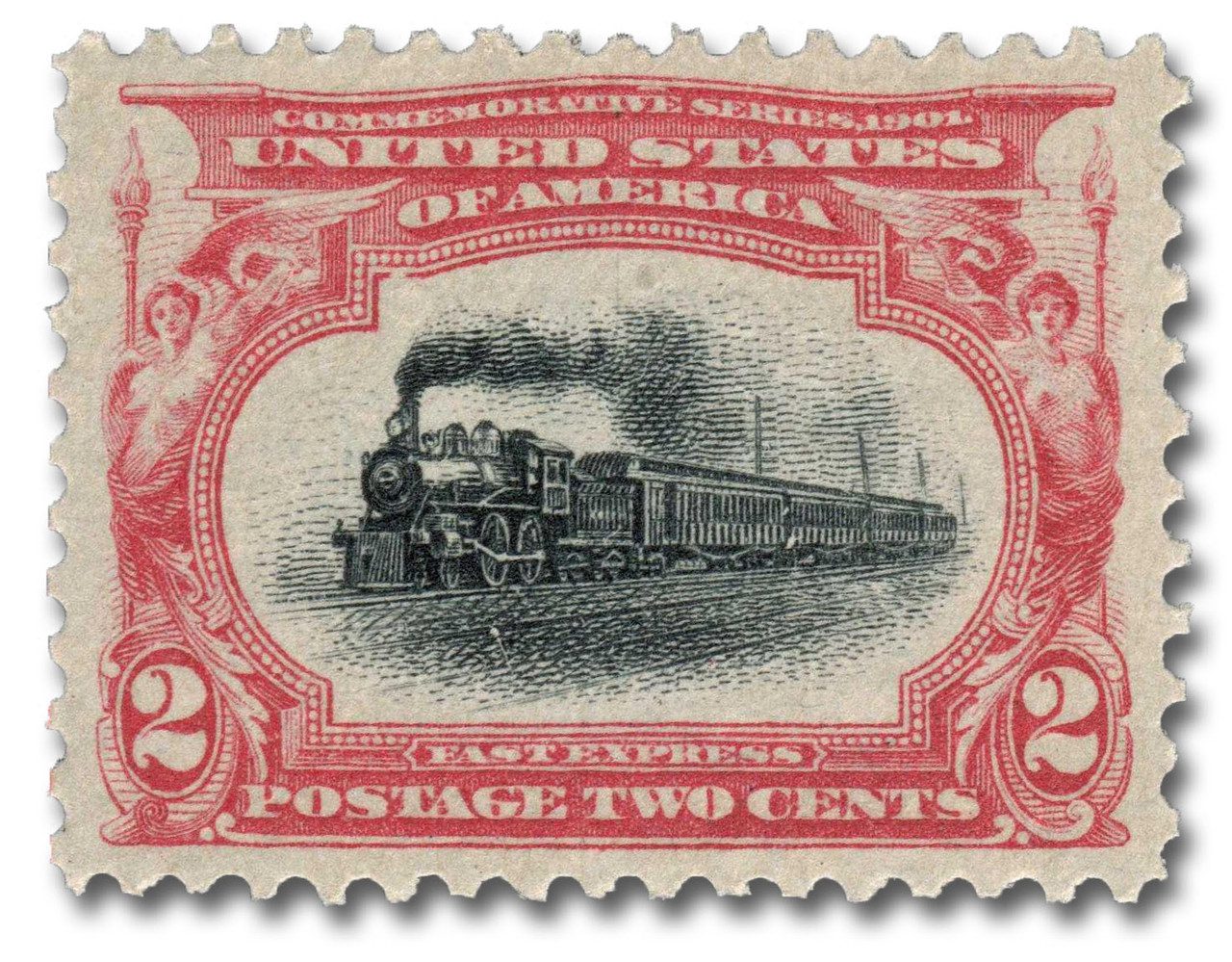
The Pan-American Exposition opened to the public on May 1, 1901, in Buffalo, New York. That same day the set of six Pan-American stamps went on sale.
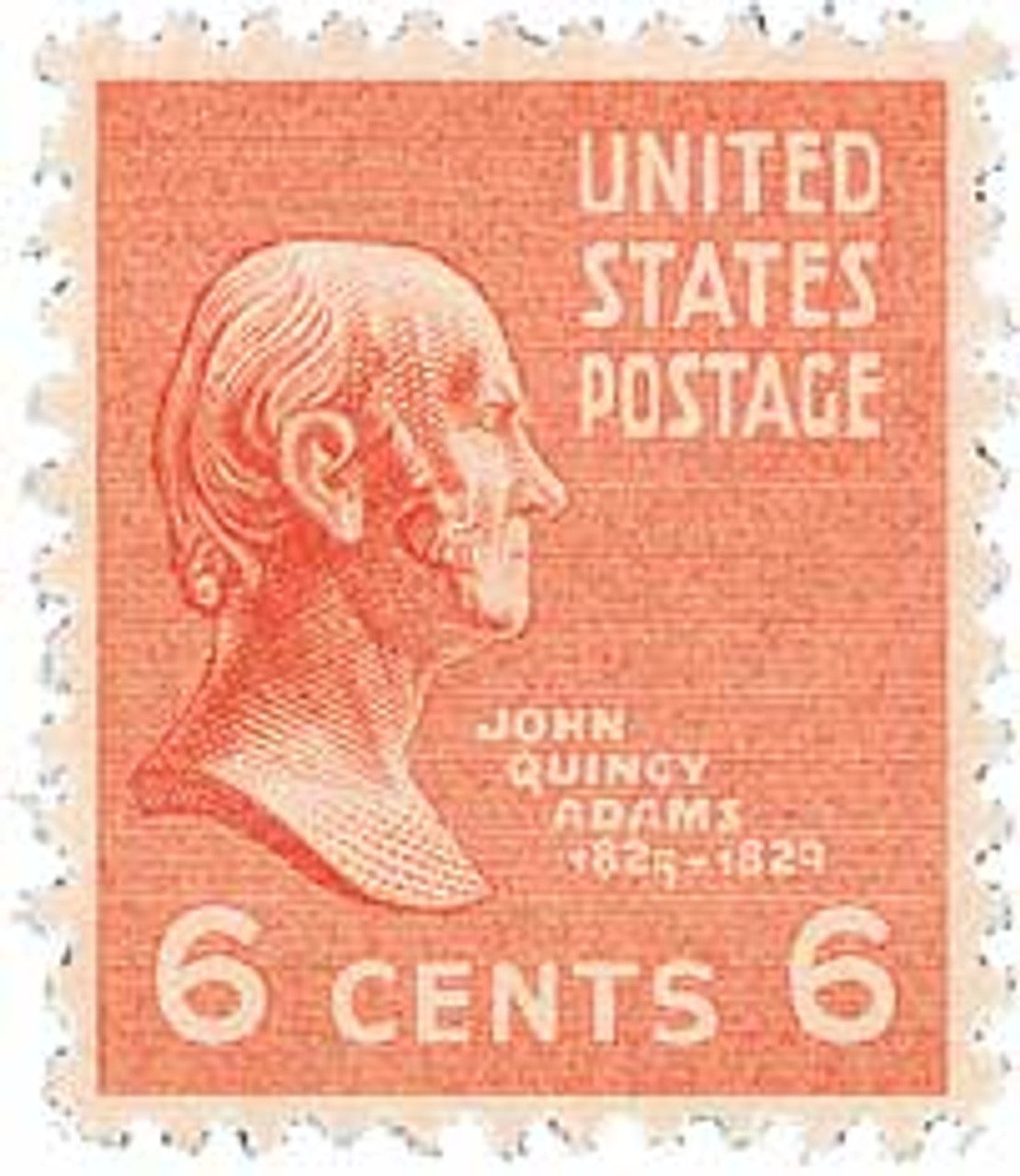
America’s sixth president, John Quincy Adams was born on July 11, 1767, in Braintree (present-day Quincy), Massachusetts. He was the first president’s son to become president.

On July 11, 1979, Skylab, the first manned US space laboratory, returned to Earth after six years in space. The success of the Skylab project encouraged the continued inclusion of humans in space study.
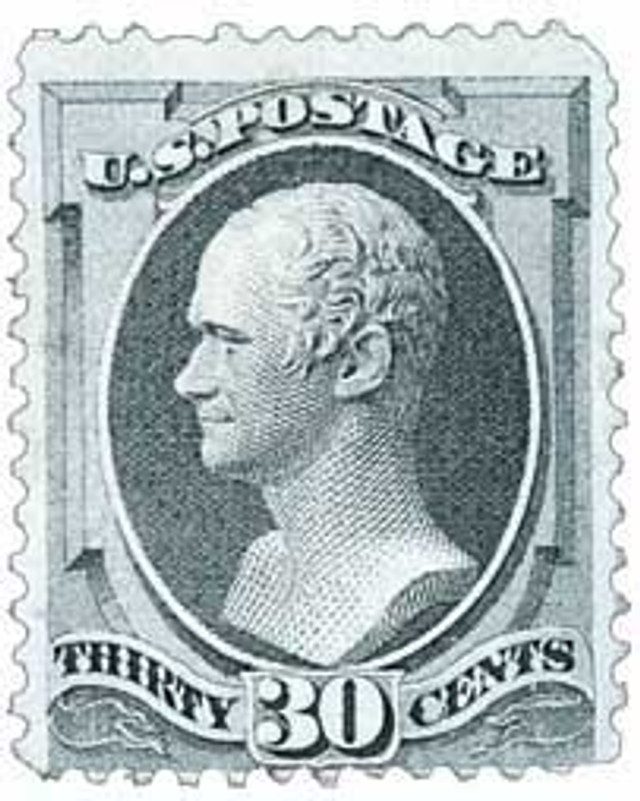
On July 11, 1804, former US Secretary of the Treasury Alexander Hamilton was mortally wounded in a duel with sitting Vice President Aaron Burr.
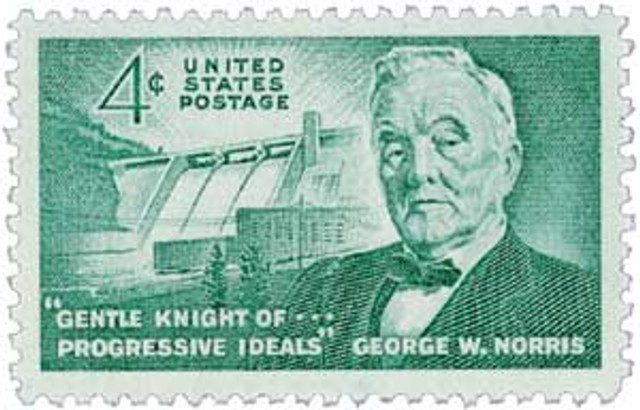
Senator George W. Norris was born on July 11, 1861, in York Township, Sandusky County, Ohio. He was a champion of farmers and homesteaders and best remembered for his promotion of the Tennessee Valley Authority (TVA) and the Rural Electrification Administration (REA).
Love history?
Subscribe to get This Day in History stories straight to your inbox every day!